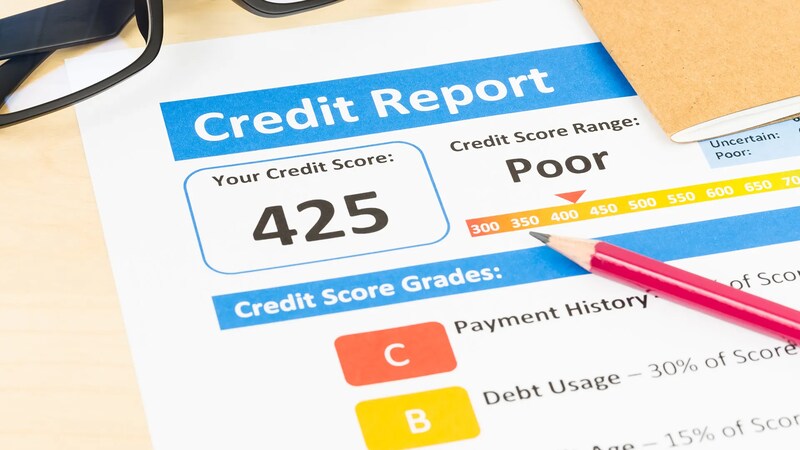Time-barred debt has exceeded the period of the legal limit, implying that it's no longer lawful for creditors or debt collectors to sue you to get this money. But keep in mind, this doesn't imply your debt gets wiped out, the obligation remains, and knowing about your protections under laws related to collecting debts is very significant. This article will give instructions on dealing with such time-limited debts along with techniques for handling these obligations without getting into any lawful or monetary troubles.
Laws about collecting debt from federal and state levels provide safety for people dealing with the collection of debt. There is a main law in America called the Fair Debt Collection Practices Act (FDCPA) that provides rules on how agencies collect debts should deal with customers. This FDCPA law stops actions that can disturb, like calling at hours that are not suitable or using disrespectful language. It also states clearly that those who collect debts must be honest about what amounts they want back.

Along with the laws from the federal, several states also have self-created consumer protection legislation that puts more limits on practices of collecting debt. You must know these protections if anyone tries contacting you about an old debt which time doesnt allow them to collect anymore. This will help avoid any potential violation of rights scenario. Also, there could be some collectors who may not explain whether your liability has expired due to age or not. Therefore it becomes crucial to ask about this possibility yourself when they try collecting a past-due bill.
The first step in managing time-barred debt is to check if it has already hit the statute of limitations. Usually, this period starts from when you made your last payment or charge on that account. It could be helpful to get in touch with a law expert or credit advisor. For an accurate understanding of whether your debt is time-barred. There might be different laws based on various types of debts like card debt, medical expense-related debts, or loan-associated ones.
To rightly know the condition of your debt, you have a chance to decide wisely if talking with a person who gave credit is needed, provide part payment, or choose different management plans. Don't forget, that even a small amount paid or recognizing the debt in written form can restart the time limit set by law and this lets ts collector start legal moves again.
After it is verified that debt has reached its expiration date, multiple strategies exist to handle it without damaging your financial health. One way can be by disregarding additional collection efforts. When the period of legal validity has passed, no law forces you to repay the debt, and therefore, avoiding further attempts of collection could be one choice. Nonetheless, you might still receive contact from collection agencies. Hence, if this situation brings about discomfort for you, it could be a good idea to send them a "cease" letter. This official note commands the debt collector to cease all forms of communication with you, something they must comply with by law under the FDCPA regulation.
Next, paying off the debt with less than the full amount. Some people choose to make a settlement to wipe out all of their debts, usually by repaying only a portion of what they initially owed. If you think about this method, be careful because any payments might have the possibility to restart the statute limitations period again. Always make sure any agreement is written down, and never commit to paying more than your resources allow. Next step, if the debt appears wrong, you should officially dispute it. If you think this debt does not belong to you or has errors in it, then raise a dispute about the debt with a credit reporting agency or directly approach a collector for the same matter. If you challenge it, the collector has to prove the debt in 30 days. If they fail to do this, they must stop trying to collect from you. This measure can keep your rights by preventing payment on debts that are not legally yours to pay off.
Debt that is not allowed to be collected due to its age can still have effects on your credit score, especially if this debt gets recorded in your credit report. Yet usually, any bad marks from non-paid debts will be taken off from your report after a year's time frame irrespective of the limitation law. Checking regularly with one's credit report would thus remain important for making sure old dues are no longer hurting scoring points.

If a time-limited debt is still shown beyond its allowed period, you are entitled to challenge this with the credit reporting agency. Actively taking charge of how old debts show up on your credit report can help improve your financial position and increase the chances of getting better access to future credits.
Handling expired debt can be complicated, particularly because each state has different laws and there are various forms of debt. If you're not certain about the best method to manage your debt, it may help to talk with a credit advisor or lawyer who specializes in laws regarding collecting debts for clear understanding. Many nonprofit groups give free or affordable advice on managing credits which could assist you in crafting a realistic financial plan without potentially facing more legal problems.
Professionals who manage debt can let you know about choices like consolidating your debts or reaching a settlement. This could give relief without accidentally making the debt active again. By asking for expert opinion, you can create an achievable plan that keeps in mind your money limitations and also gives legal protection to you.
To deal with time-barred debt, you need to fully comprehend your rights and the alternatives at hand. It is crucial to be aware of the statute limitations and careful while dealing with debt collectors. This way, it helps in handling these debts that are most suitable for your financial stability. You may decide on neglecting, settling, or challenging a time-barred debt but taking steps based on knowledge can guide you through this procedure without unknowingly reviving your debt or being harmful to fiscal health. Do not forget, even if the debt is time-barred it remains, and handling it with care can create a path to better financial strength in the future.

By Celia Shatzman/May 22, 2025

By Darnell Malan/May 13, 2025

By Frederica/Mar 14, 2024

By Mark Allen/Mar 28, 2024

By Kristina Cappetta/May 28, 2025

By Celia Shatzman/Jun 03, 2025

By Lucy Lee/Apr 05, 2024

By Eleanor/Feb 27, 2024

By Georgia Vincent/Apr 28, 2025

By Eleanor/Oct 29, 2024

By Verna Wesley/Nov 19, 2024

By Eleanor/Oct 29, 2024